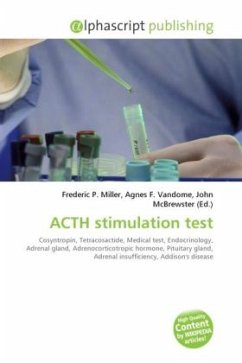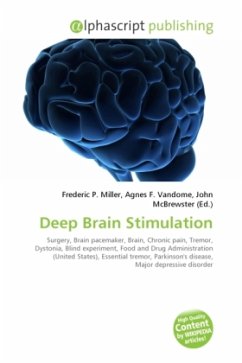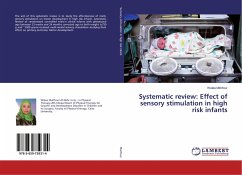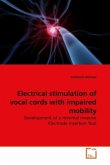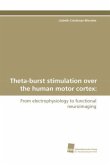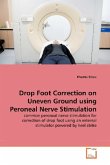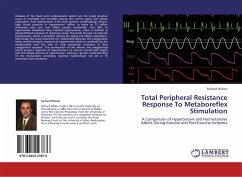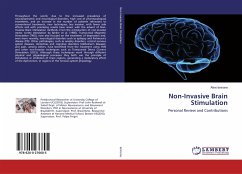The ACTH stimulation test (also called the cosyntropin test or tetracosactide test) is a medical test usually ordered and interpreted by endocrinologists to assess the functioning of the adrenal glands stress response by measuring the adrenal response to adrenocorticotropic hormone (ACTH). ACTH is a hormone produced in the pituitary gland that stimulates the adrenal glands to release cortisol. During the test, a small amount of synthetic ACTH is injected, and the amount of cortisol, and sometimes aldosterone, the adrenals produce in response is measured. This test may cause mild to moderate side effects in some individuals. This test is used to diagnose or exclude primary and secondary adrenal insufficiency, Addison's disease and related conditions. In addition to quantifying adrenal insufficiency, the test can distinguish whether the cause is adrenal (low cortisol and aldosterone production) or pituitary (low ACTH production).
Bitte wählen Sie Ihr Anliegen aus.
Rechnungen
Retourenschein anfordern
Bestellstatus
Storno

